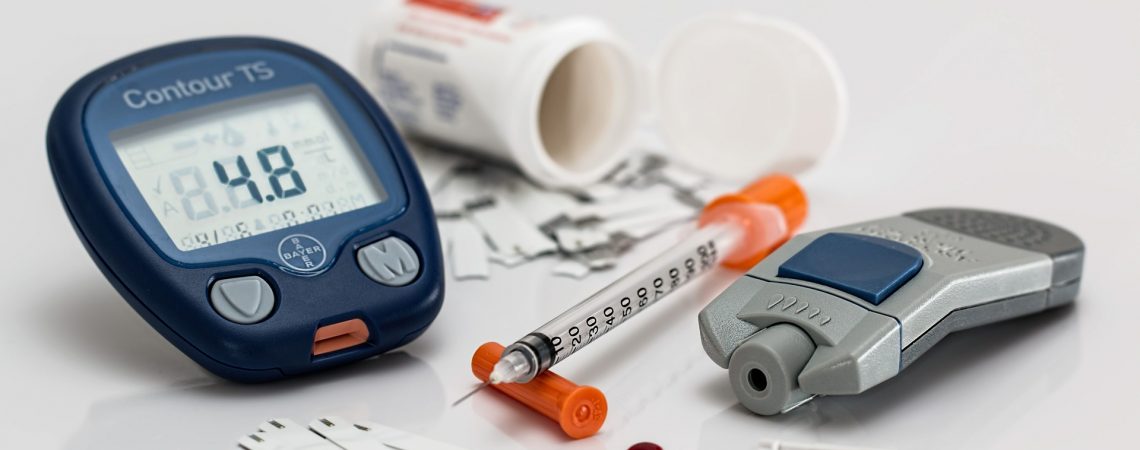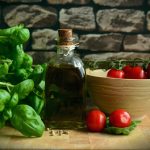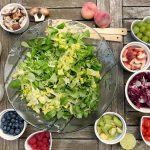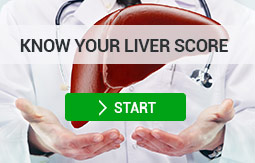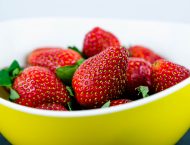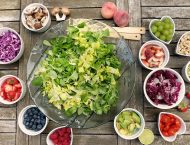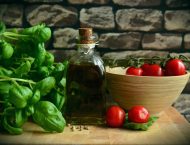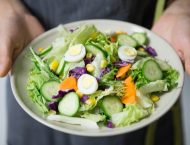In this article, you will learn about the link between diabetes and liver disease, it may be more related than you think. A diabetic diet is the healthiest diet plan to follow, we will look at what foods are included and what this diet consists of.
What’s in this article
- How does diabetes affect my liver health?
- What is a diabetic diet?
- Foods to eat
How does diabetes affect my liver health?
Having diabetes increases your risk of nonalcoholic fatty liver disease. Fatty liver disease happens when excess fat builds up in your liver, it occurs in at least half of people who have type 2 diabetes.
People who suffer from type 2 diabetes have insulin resistance which means they have high levels of insulin in their bloodstream. Insulin signals your liver to produce fat, especially cholesterol. This promotes the accumulation of fat inside the liver, other organs, arteries and as general fat on the body. Fatty liver disease usually causes no symptoms which is why it is important to make sure you get checked as it raises your risk of developing liver inflammation or scarring of the liver (cirrhosis).
According to Gillian Booth, MD, MSc, of St. Michael’s Hospital in Toronto, in a population-based study, newly diagnosed diabetes was linked with a near doubling in the rate of cirrhosis, liver failure or liver transplant compared with non-diabetics.
Even if you do not currently have diabetes, developing fatty liver disease might even play a role in the development of type 2 diabetes. When poorly managed type 2 diabetes can worsen fatty liver disease in those who already suffer from it.
What is a diabetic diet?
A diabetic diet is an extremely healthy eating plan that is best for everyone to follow regardless of whether you suffer from diabetes. This diet is naturally rich in nutrients and low in fat and calories. The main foods to eat are fruits, vegetables, and whole grains. Finding the right meal plan will help you improve your blood glucose, blood pressure, and cholesterol ultimately keeping your weight on track. According to an article written by Robert J. Smith, MD from The Warren Alpert School of Medicine, Brown University in Rhode Island says that achieving and maintaining appropriate body weight is the single most important means of preventing non-alcoholic fatty liver disease. Additionally, the best approach to reversing the course of diagnosed non-alcoholic fatty liver disease in overweight or obese patients is weight loss.
Foods to eat
- Healthy carbohydrates.Make sure you eat the healthiest carbohydrates, for example, fruits, vegetables, whole grains, legumes (beans, peas, and lentils) and low-fat dairy products.
- Fiber-rich foods. Foods high in fiber include vegetables, fruits, nuts, legumes (beans, peas, and lentils), whole-wheat flour and wheat bran.
- Heart-healthy fish.Eat heart-healthy fish at least twice a week Fish such as salmon, mackerel, tuna, sardines, and bluefish are rich in omega-3 fatty acids, they promote heart health by lowering blood fats. Avoid fried fish and fish with high levels of mercury.
- Healthy fats.These include avocados, almonds, pecans, walnuts, olives, and canola, olive and peanut oils. All fats are high in calories, so eat in moderation.
Learn about how to keep your liver healthy with Lauren Wagner RD and Amsety by watching this short video.
References
mayoclinic.org
ncbi.nlm.nih.gov
diabetes.org

 (442) 244-5115
(442) 244-5115
